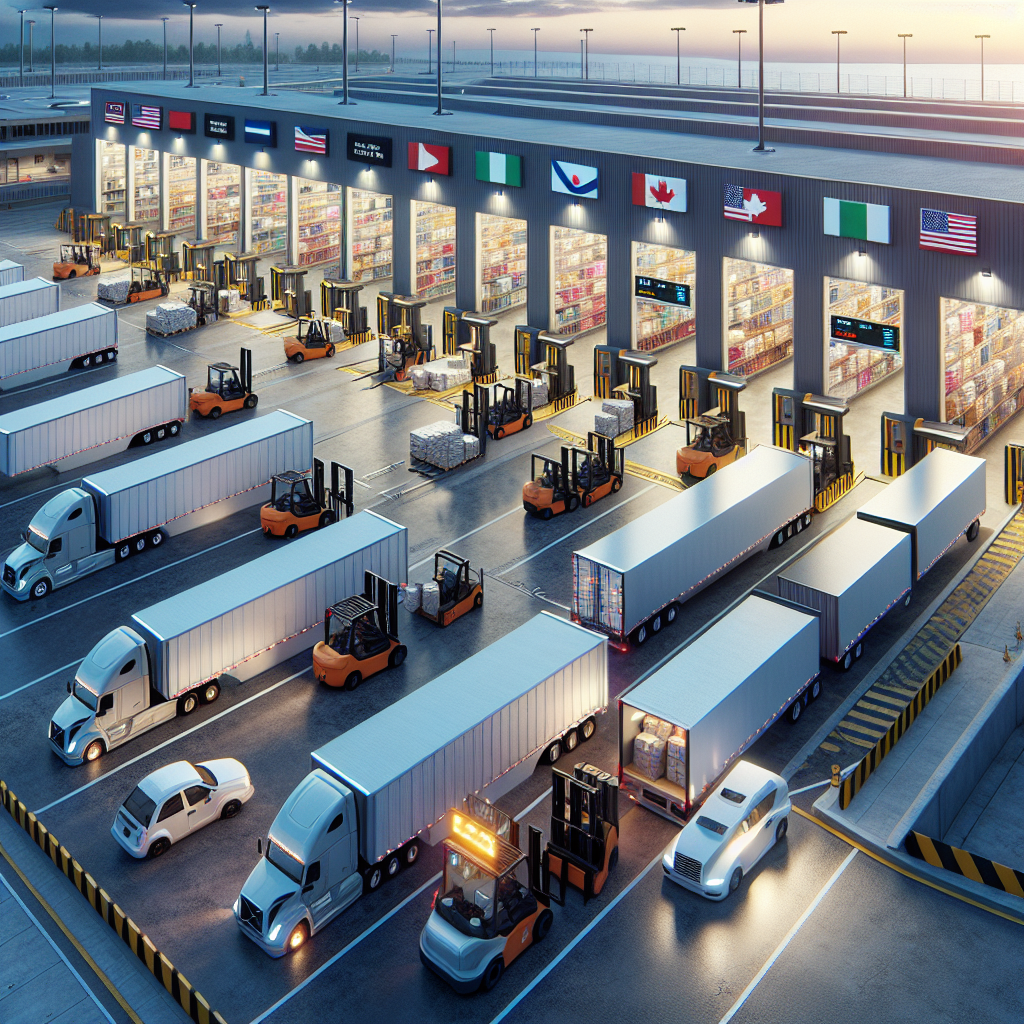Echo Global Logistics has planted a flag in Monterrey, adding on-the-ground capability in northern Mexico to support shippers riding the nearshoring wave. The move expands Echo’s Mexico footprint alongside its Mexico City division hub and Laredo, Texas operations, with industry veteran Troy Ryley steering the Mexico business. For carriers, the added Monterrey presence means a broker with bilingual teams closer to manufacturers in Nuevo León—and potentially faster problem-solving on drayage, customs, and handoffs at the border.
Timing matters. North American trade rules are entering a new phase: on Sept. 24, Canadian Prime Minister Mark Carney signaled that Canada-U.S. talks are shifting into the formal USMCA review process, an effort all three countries are now preparing for. For trucking networks, that raises the odds of rule tweaks on content, dispute procedures, or customs facilitation in 2026—changes brokers with in-country teams will be positioned to parse quickly for shippers.
Macro signals this week point to steady, if subdued, demand. The IMF on Sept. 22 lifted Mexico’s 2025 GDP outlook to 1.0%, and the OECD followed on Sept. 23 with an upgrade to 0.8% for 2025 and 1.3% for 2026. While no cure-all, improved growth expectations help underpin manufacturing output around Monterrey and adjacent auto, electronics and appliance corridors—key freight generators for northbound truckload and cross-border LTL.
Security and compliance are tightening at the line. On Sept. 23, CBP detailed four weekend narcotics seizures across Laredo’s World Trade and Juárez–Lincoln bridges totaling an estimated $3.7 million. More frequent high-profile interdictions typically translate into elevated secondary screenings and variable turn times—conditions where a broker’s local ops in Monterrey and Laredo can help reroute, adjust appointments, and manage detention exposure.
Plan linehaul with I‑35 work in mind. TxDOT’s current weeknight closures around San Antonio’s I‑35/Loop 1604 corridor (Sept. 22–28) can add friction to north–south schedules feeding the border. Building buffers or staging earlier for morning crossings can help protect delivery windows as fall automotive and consumer peaks return.
Bottom line for carriers and shippers: Echo’s Monterrey outpost arrives as policy, macro, and enforcement currents all shift. Nearshoring keeps freight anchored in northern Mexico; the USMCA review injects uncertainty; and CBP’s posture demands tighter documentation and flexibility at the bridge. Operators that pair Mexico-side expertise with real-time border playbooks—pre-clearing paperwork, diversifying ports, and staging trailers—will be best positioned to convert this volatility into service reliability and margin.
Sources: FreightWaves, Reuters, U.S. Customs and Border Protection, Mexico News Daily, TxDOT
This article was prepared exclusively for TruckStopInsider.com. Republishing is permitted only with proper credit and a link back to the original source.





